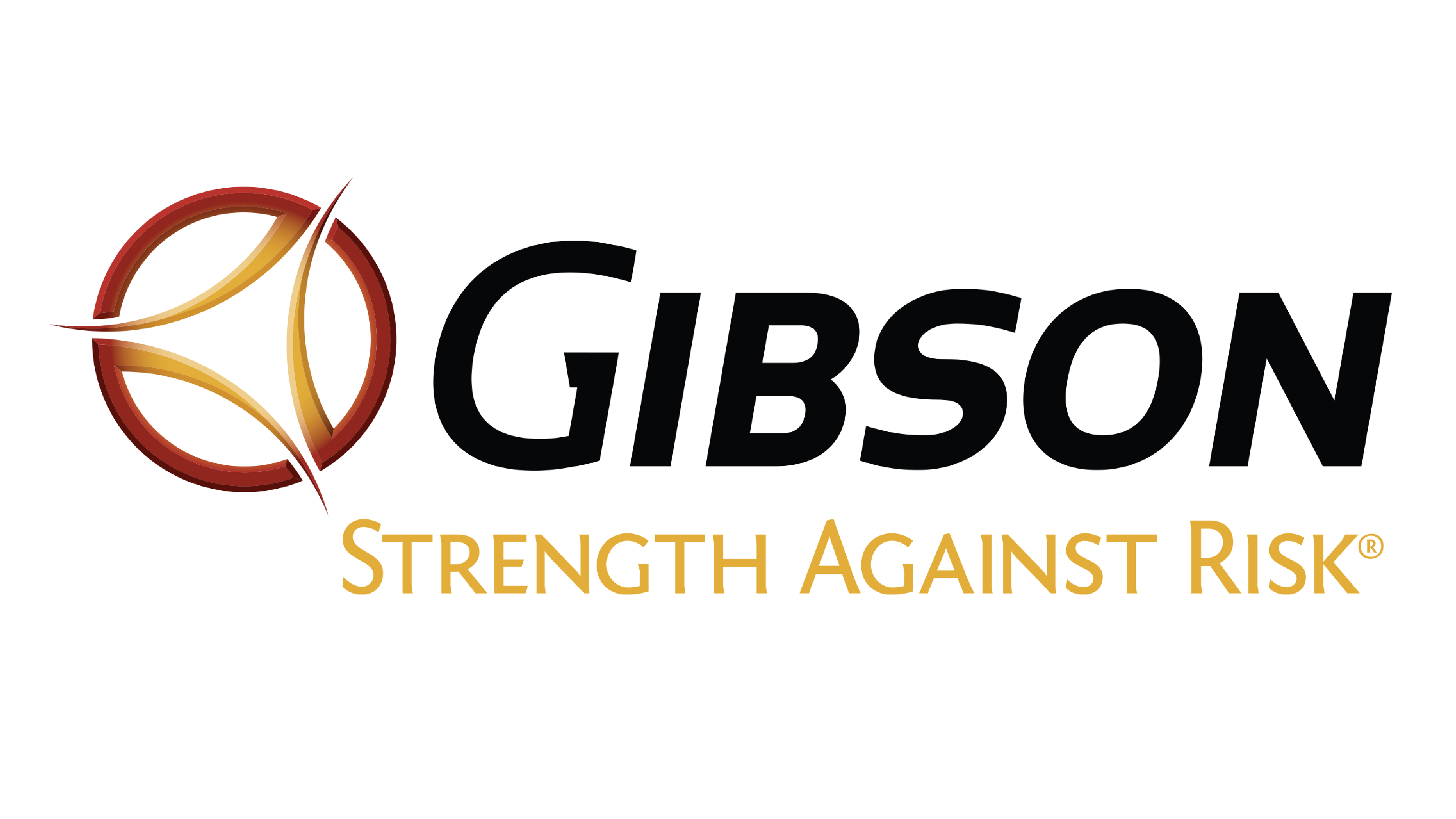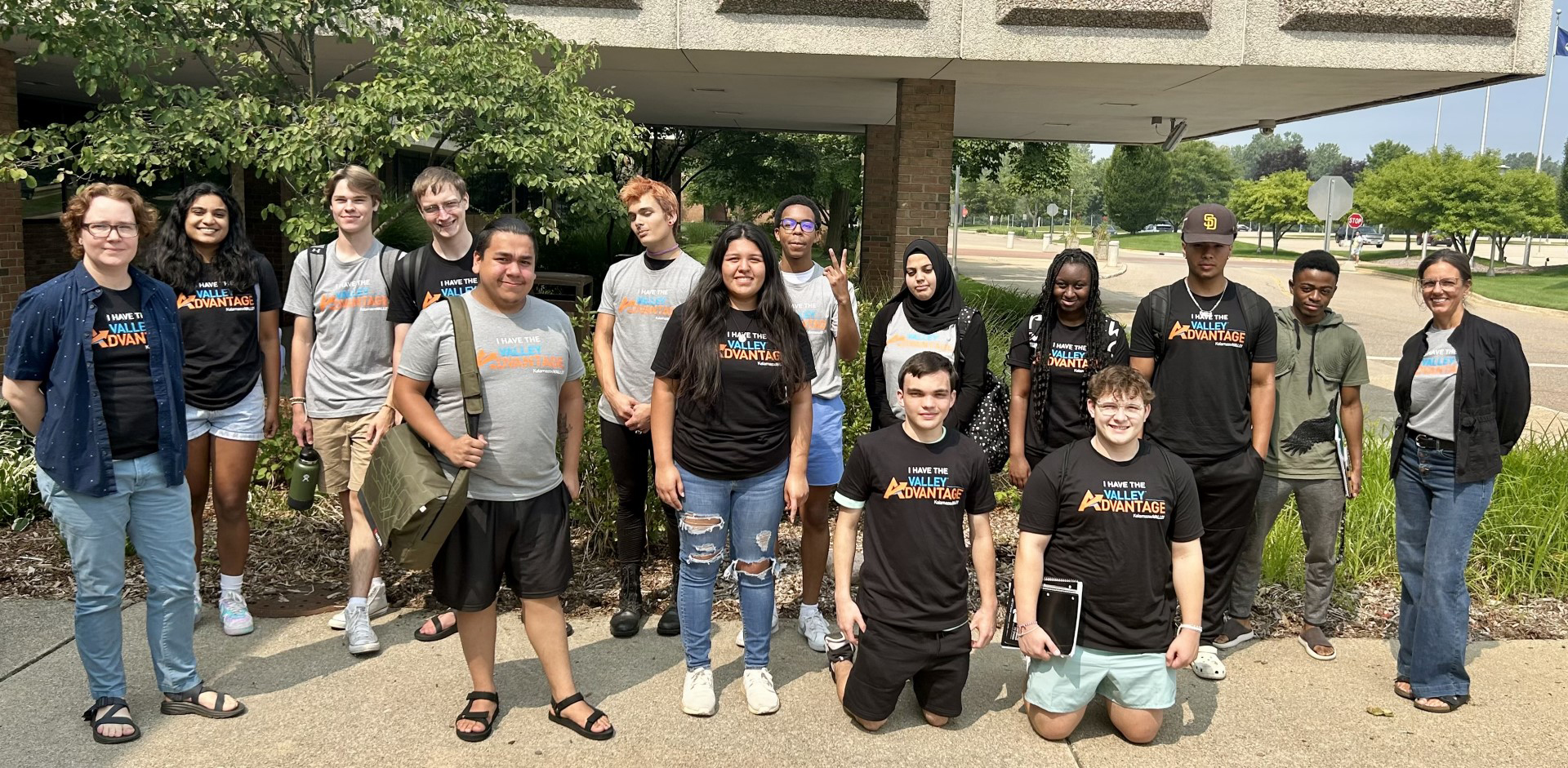Navigating the waters of COVID-19 has been and will continue to be daunting for most leaders. Amid a public health crisis like none we’ve ever seen, grasping the impacts to your workforce is like trying to keep your head above water with new legislative and public health guidance coming in waves one after another. All while, your employees are looking to you for calm, assurance, and strength against the storm.
Leaders who proactively and holistically address the risks of their organization through this crisis and through the return-to-work will be the ones coming out stronger on the other side. And one of the greatest risks that employers face is the adverse impact on the health and wellbeing of its people. Remember, an individual’s wellbeing is comprised of much more than just physical health. There are five dimensions of wellbeing according to Gallup and each faces significant threats from COVID-19, including physical (mental/emotional/spiritual), social, community, career/purpose, and financial. We’ll highlight three dimensions for which we generally consider high-risk as a result of COVID-19, but strategies should be developed to address all five, as they are all interconnected.
Physical – as stay-at-home measures are lifted and people begin resuming normal social activities, it remains critical for employers to have proper safety measures in place to ensure employees are safe at work and taking all precautions against spreading viruses of any type. For those continuing to work remotely, employers should be promoting and educating on ways to stay physically active. Refer to these resources for more in-depth information on these tactics.
However, one of the most overlooked areas of physical wellbeing is identifying members of your population who are susceptible to the most severe negative outcomes as a result of COVID-19. A proper population overview provides information related to individuals potentially at higher risk of adverse outcomes of COVID-19 should they become infected. Because studies thus far indicate that risk of adverse outcome increases with age as well as with certain pre-existing conditions, including cardiovascular disease, chronic respiratory disease, and diabetes, it’s important for health plan sponsors to evaluate information related to demographics and prevalence of these three categories of chronic conditions. Understanding the percentage of individuals in specific high-risk groups (e.g. diabetes) is useful in creating strategies to reduce the risk for your most vulnerable populations. Additionally, this information may be useful in understanding potential financial impact and absenteeism.
Mental – any time someone is facing an experience that they’ve never faced, there is a mental health risk. Fear and anxiety are natural for most and without a strong support system, unhealthy thoughts and emotions may surface. Additionally, social distancing, working remote, and greater consumption of social media and news can further fuel these symptoms. Leaders should regularly promote resources such as employee assistance programs, corporate chaplaincy, mental health benefits covered under the health plan, telehealth, health coaching, etc. If these types of support services are unavailable, now is the time to evaluate.
Front-line supervisors also play an important role here, regularly checking-in, communicating, and listening to create engagement and an environment of support. In fact, you may even consider conducting an engagement survey. Studies show surveying employees during a lay-off actually aids in improving engagement scores. It demonstrates an organization’s commitment to listening to and understanding their people. Bonus tip, when checking in, don’t just accept the first response. Ask twice to dig deeper into how they are really feeling.
Financial – this dimension may seem the most obvious as uncertainty surrounds our economy and many employees’ income has been negatively impacted; however, it’s likely the most overlooked in terms of wellbeing support. While education and support from a retirement perspective are important, most employees need support at a more basic level, i.e. budgeting, getting out of debt, saving, managing student loans, etc.
As Warren Buffett so famously said, “It’s only when the tide goes out that you learn who’s been swimming naked.” Well, COVID-19 has taken the tide out and now we see how many of our employees are financially naked. The reality is that before this COVID-19 crisis, 76% of employees were living paycheck to paycheck, and 59% attribute financial matters as the leading cause of stress. And now amid the COVID-19 crisis and tightening household budgets, the basics are more important than ever. Consider programs such as Dave Ramsey’s SmartDollar (free now for employees who are laid-off ) or other similar programs that holistically teach employees how to manage their money. One Gibson client who has implemented the SmartDollar program said it was the most valuable benefit he offers!
Every business has been impacted by COVID-19 in different ways, and beyond the tactical work of managing the day-to-day needs of your people, leaders need to address all dimensions of wellbeing to ensure their people are taken care of through this crisis. Based on your reality, have you identified where wellbeing is most at risk and implement strategies to address?
Gibson’s team of risk advisors, health and wellbeing consultants, and safety professionals have created a comprehensive resource to guide you through this storm on a variety of topics. The COVID-19 Resource Center is updated on a regular basis with the latest guidance and most relevant resources, including a COVID-19 Employee Benefits Playbook. These resources will not only help you navigate through the day-to-day challenges you’re facing but also help guide you to care for the overall wellbeing of your people.




